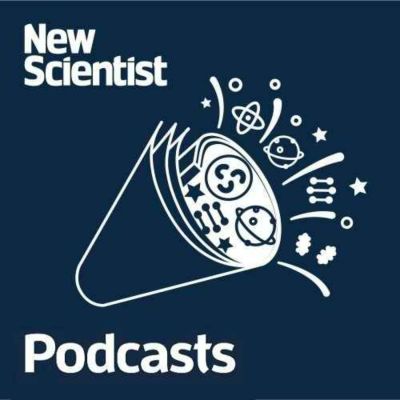Podcasts for the insatiably curious by the world’s most popular weekly science magazine. Everything from the latest science and technology news to the big-picture questions about life, the universe and what it means to be human.For more visit newscientist.com/podcasts Hosted on Acast. See acast.com/privacy for more information.
https://www.newscientist.com/
episode 223: Weekly: Spinal cord stimulation for Parkinson’s Disease; half-synthetic yeast; harvesting the ocean’s heat for energy
#223
Spinal cord stimulation has, for the first time, been used to improve the mobility of someone with Parkinson’s Disease. Marc, who has battled the condition for 30 years, once fell five to six times daily, but now is able to walk kilometres per day thanks to an array of electrodes that stimulate the movement-related neurons in his spine. Though it was successful for Marc, the treatment is also highly customised and more research is needed before it might benefit people more broadly.
In the world of synthetic biology, an international team has crafted a yeast cell with half its DNA manufactured in a lab, marking a significant step in our ability to rewrite and alter complex genomes. While yeast is already used to create useful substances such as beer and insulin, synthetic yeasts could be engineered to create an even wider variety of molecules more easily. Why yeast might be just the beginning for synthetic organisms.
Can the secret to affordable, clean energy have been in the ocean all this time? Engineers are bringing a 140-year-old idea back to life, with the aim of harnessing the massive temperature difference between warm surface water and cold, deep sea water. A process known as Ocean Thermal Energy Conversion (OTEC) was originally proposed in the 19th century and is now being tested in some island nations. How this sustainable method works and the obstacles to its widespread adoption.
New evolutionary research shows that crabs evolved to leave the ocean up to 17 different times in the 230 million years since they arose. What these crustaceans’ remarkable evolutionary flexibility might reveal about adaptability across the animal kingdom.
Plus: Using tiny microphones to record happy rat squeaks, a breakthrough in underwater radio communication and a smashing fact about left-handed badminton players.
Hosts Christie Taylor and Chelsea Whyte discuss all of this with guests Michael Le Page, James Dinneen and Alexandra Thompson. To read more about these stories, visit newscientist.com.
Hosted on Acast. See acast.com/privacy for more information.
